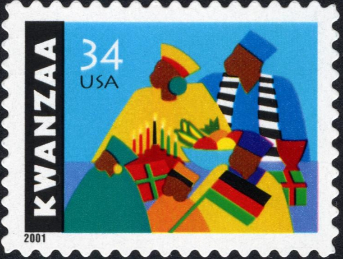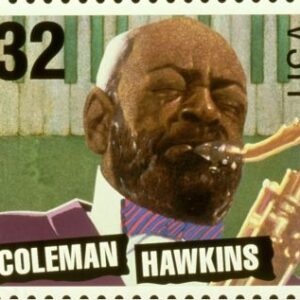Description
Kwanzaa is a week-long holiday celebrated from December 26th to January 1st, primarily by African Americans. It was created in 1966 by Maulana Karenga to honor African heritage in African American culture. It is based on the traditional African harvest festivals and is celebrated in the United States, Canada, and other countries with large African diaspora populations.
Kwanzaa is a non-religious holiday that is celebrated by lighting a kinara (candleholder) and seven candles, one for each day of the week. The seven candles represent the seven core principles of Kwanzaa: unity, self-determination, collective work and responsibility, cooperative economics, purpose, creativity, and faith. These principles are rooted in African culture and are intended to help African Americans strengthen their community and celebrate their shared heritage.
On each day of Kwanzaa, a different principle is celebrated. During the week, families come together to enjoy meals, play games, and exchange gifts. A special Kwanzaa greeting, “Habari Gani,” is also used to encourage members of the community to reflect on the day’s principle.
Kwanzaa is an important holiday for many African Americans and is a time for reflection and celebration. It is an opportunity to learn more about African culture and to honor the African diaspora. Kwanzaa is an important part of African American culture and an important way for African Americans to honor their heritage.





Reviews
There are no reviews yet.